A WRITER'S WIT |
New Yorker Fiction 2016
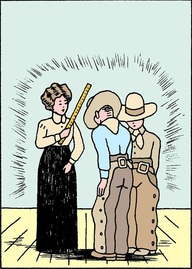 Alain Pilon
Alain Pilon “A landscape of rocks evokes a time before time, and the end-times as well, forcing us, while contemplating it, to live in all time at once, where words have nothing to attach themselves to” (81).
“‘That is what rocks express. Though they are otherwise meaningless, they are, in this respect, the most meaningful thing we have, putting us in touch with oblivion. Which is the ineffablest thing of all’” (81).
Illustration by Alain Pilon.

At new prices. Paper: $10.75 | £7.75 | €8.50 Kindle: $2.99
Introduction to My Long-Playing Records
"My Long-Playing Records" — The Story
"A Certain Kind of Mischief"
"Ghost Riders"
"The Best Mud"
"Handy to Some"
"Blight"
"A Gambler's Debt"
"Tales of the Millerettes"
"Men at Sea"
"Basketball Is Not a Drug"
"Engineer"
"Snarked"
"Killing Lorenzo"
"The Age I Am Now"
"Bathed in Pink"
Listen to My Long-Playing Records Podcasts:
"A Certain Kind of Mischief"
"The Best Mud"
"Handy to Some"
"Tales of the Millerettes"
"Men at Sea"
"My Long-Playing Records"
"Basketball Is Not a Drug"
"Snarked"
"Killing Lorenzo"
"Bathed in Pink"
Also available on iTunes.


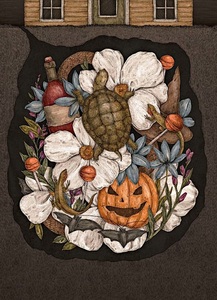


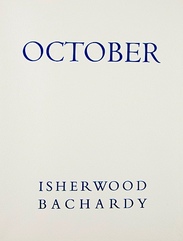

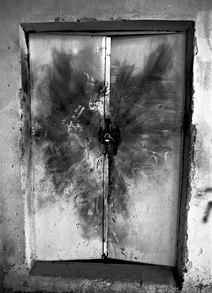

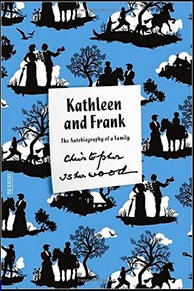

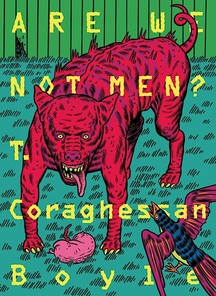

 RSS Feed
RSS Feed